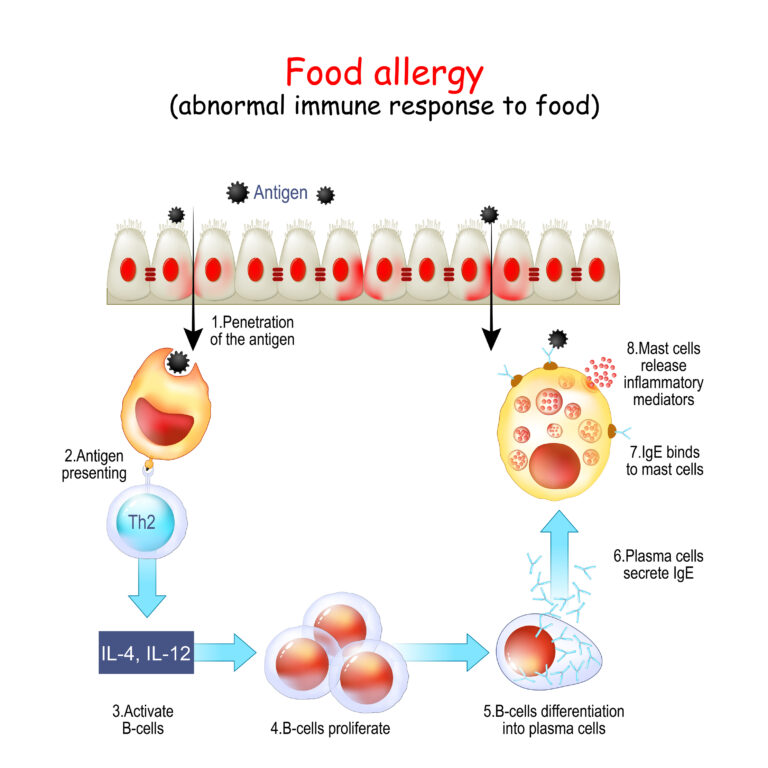Allergy Blood Testing: Unveiling the Science Behind Your Allergic Reactions

Do you experience sneezing, itching, or hives when exposed to certain substances? Allergies can be a frustrating and uncomfortable experience. Thankfully, allergy blood testing offers valuable insights into the triggers behind your allergic reactions. Let’s dive into the science of allergy blood testing and how it can help you regain control over your allergies.
Allergies occur when your immune system overreacts to harmless substances, known as allergens. Allergy blood testing, also called specific IgE testing, involves measuring the levels of Immunoglobulin E (IgE) antibodies in your bloodstream. These antibodies are produced in response to allergen exposure and play a key role in allergic reactions.
During the test, a blood sample is taken and analyzed for the presence of IgE antibodies specific to various allergens, such as pollen, pet dander, or certain foods. The results can help identify the allergens triggering your symptoms, enabling you to take targeted steps to manage your allergies.
Consulting an allergist or immunologist is crucial before undergoing allergy blood testing. They will guide you through the testing process, interpret the results, and help develop a personalized allergy management plan. Armed with this information, you can make informed decisions to minimize your exposure to allergens and improve your quality of life.







